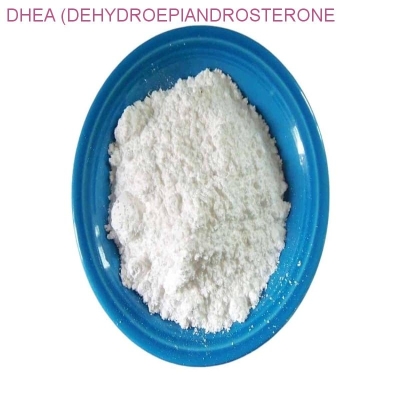-
Categories
-
Pharmaceutical Intermediates
-
Active Pharmaceutical Ingredients
-
Food Additives
- Industrial Coatings
- Agrochemicals
- Dyes and Pigments
- Surfactant
- Flavors and Fragrances
- Chemical Reagents
- Catalyst and Auxiliary
- Natural Products
- Inorganic Chemistry
-
Organic Chemistry
-
Biochemical Engineering
- Analytical Chemistry
-
Cosmetic Ingredient
- Water Treatment Chemical
-
Pharmaceutical Intermediates
Promotion
ECHEMI Mall
Wholesale
Weekly Price
Exhibition
News
-
Trade Service
6,7-Dihydro-5H-quinolin-8-one, also known as quinine, is a plant-derived compound that has been used for centuries as a medicinal agent.
It is a white crystalline powder with a bitter taste, and it is most commonly extracted from the bark of the cinchona tree.
In addition to its medicinal properties, quinine has a number of applications in the chemical industry.
One of the most important applications of quinine in the chemical industry is as a raw material for the production of a variety of pharmaceuticals.
Quinine is a key ingredient in a number of medications used to treat malaria, as it has anti-inflammatory, antipyretic, and antimalarial properties.
It is also used in the treatment of nocturnal leg cramps, and it has been shown to have neuroprotective effects in some studies.
Another important application of quinine in the chemical industry is as a preservative in the food and beverage industry.
Quinine is added to some soft drinks, including tonic water, as a flavoring agent and to impart a bitter taste that discourages some insects from feeding on the drink.
It is also used in some processed meats and other food products as a preservative.
Quinine is also used in the cosmetic industry as a skin conditioning agent.
It has been shown to have anti-inflammatory and antioxidant properties, and it is used in a variety of cosmetic products, including creams, lotions, and soaps.
In the chemical industry, quinine is also used as a raw material for the production of a variety of other compounds.
It is a precursor to a number of chemicals used in the pharmaceutical and personal care industries, including quinoline, which is used in the production of some antibiotics and antimalarial drugs, and quinolines, which are used in some sunscreens and other personal care products.
Overall, quinine has a number of applications in the chemical industry, both as a raw material for the production of pharmaceuticals and other compounds, and as a preservative in the food and beverage industry.
Its anti-inflammatory, antipyretic, and antimalarial properties make it a valuable ingredient in a variety of medications, and its use as a preservative in food and beverage products helps to ensure the safety and quality of these products.
Its use in the cosmetic industry also highlights the potential for quinine and its derivatives to be used in a wide range of personal care products.







